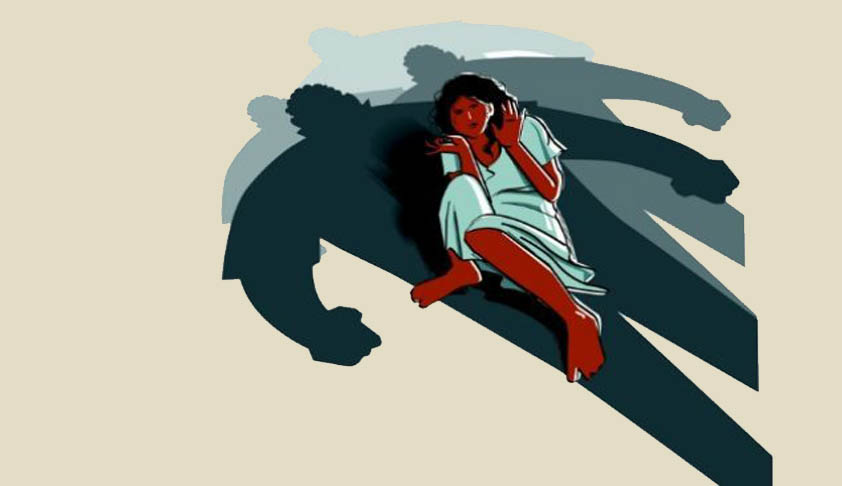Neutral law needed to protect victims of domestic violence: Madras HC
LIVELAW NEWS NETWORK
20 Jun 2015 3:26 PM IST

Next Story
20 Jun 2015 3:26 PM IST
The Madras High Court today delineated the need for a "neutral and unprejudicial" law to protect genuine victims of domestic violence, irrespective of the gender, noting that existing law contains a flaw that lends itself to easy misuse by women."The notable flaw in this law is that it lends itself to such easy misuse that women will find it hard to resist the temptation to teach lesson to...
